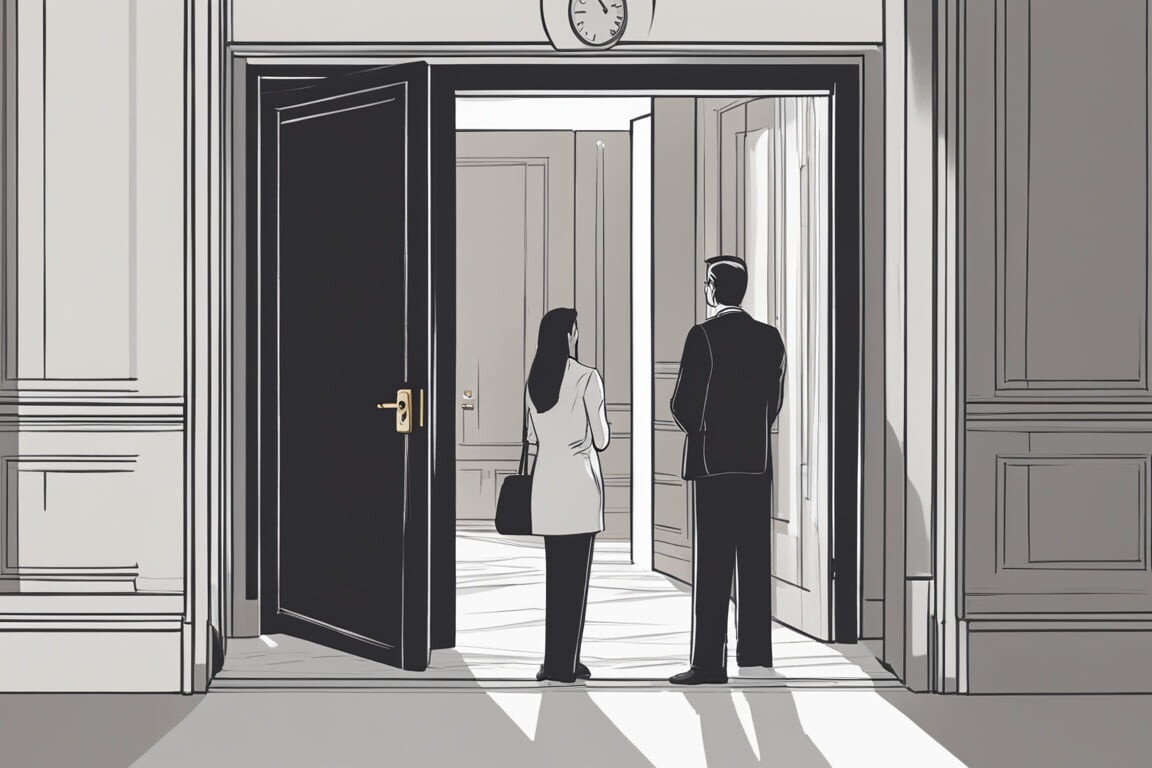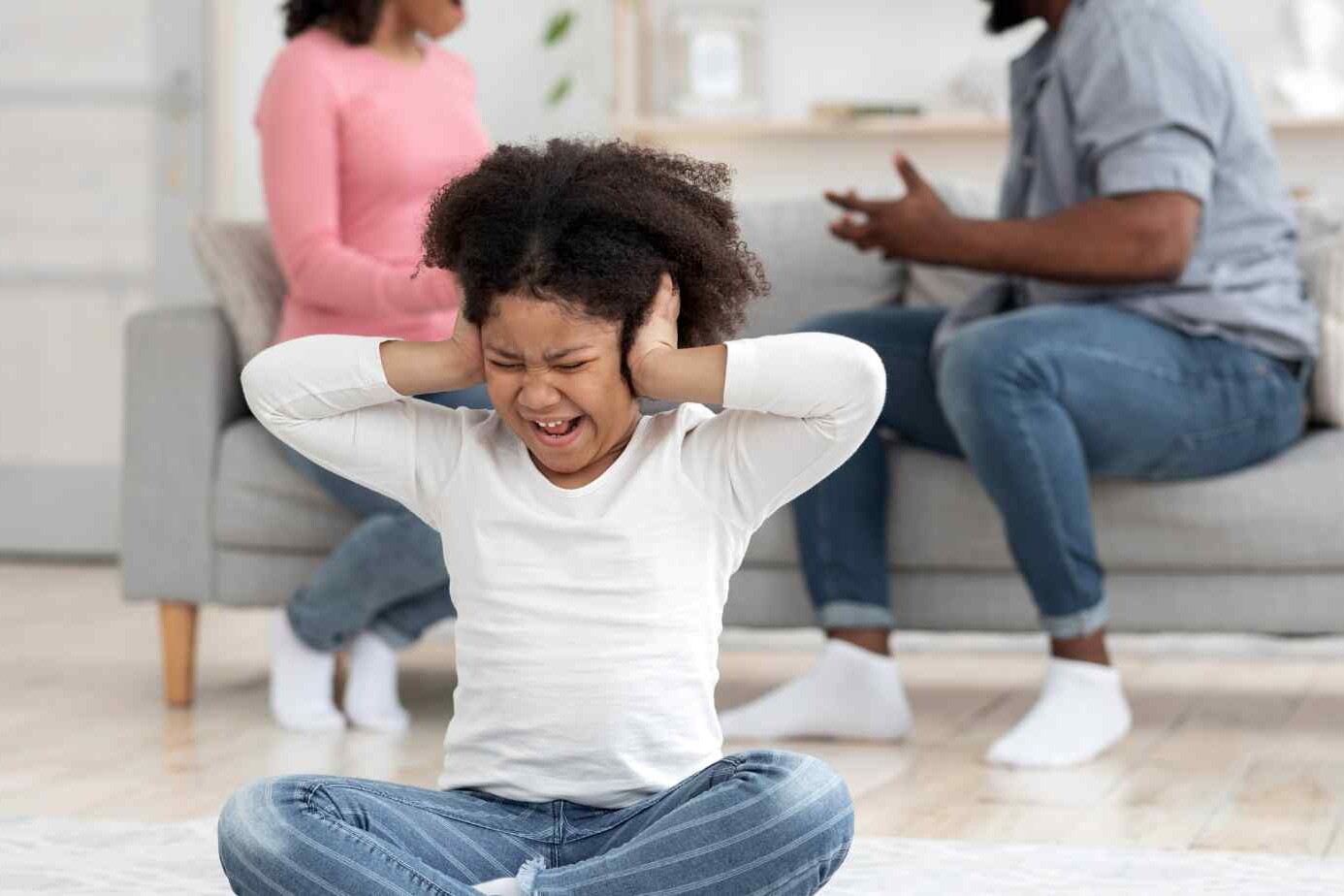As the world’s population ages, we face a big challenge with the mental health of older adults. About 14% of adults aged 60 and over live with a mental disorder. This makes up 10.6% of all disability among older adults worldwide. These mental health issues often go unnoticed and are not treated enough, because of the stigma around them.
Mental health problems in older people can include depression, anxiety, and dementia. They can also have less mobility, chronic pain, and frailty. As we get older, we’re more likely to face these mental health issues. These problems can really affect our quality of life and overall well-being. We need to tackle this issue and improve the mental health of our seniors.
Table of Contents
TogglePrevalence of Mental Health Issues in Older Adults
As we get older, taking care of our mental health is key. The Global Health Estimates (GHE) 2019 show that about 14% of adults over 60 have a mental disorder. These disorders make up a big part of the total disability in older adults worldwide, at 10.6%.
Depression and anxiety are the most common mental health issues in seniors. Sadly, the GHE 2019 found that nearly a quarter of all suicide deaths (27.2%) were among those 60 or older. This shows we really need to focus on mental health in older people.
Many mental health issues in older adults go unnoticed and untreated. The fear of being judged stops many from getting help. We must work to make mental health topics less taboo in older communities. This way, those who need help can get it.

Knowing how common mental health issues are in older adults helps us tackle these problems. We must focus on helping older adults with depression and other mental health issues. This is key for healthy aging and making life better for our elderly.
Mental Health in Older Adults
Risk Factors and Causes
As we get older, our mental health is influenced by our surroundings, past experiences, and the stress of aging. Past hardships, losing physical and mental skills, and feeling without purpose can make older adults feel stressed.
Older people often go through tough times, like losing someone close, seeing their income drop, or feeling without direction after retiring. Feeling alone and without friends affects about a quarter of older folks and can lead to mental health problems. Sadly, one in six older adults face abuse, often by those who are supposed to care for them.
- Exposure to adversity
- Declines in physical and cognitive abilities
- Diminished sense of purpose
- Loss of loved ones
- Drop in income
- Retirement and reduced sense of purpose
- Social isolation and loneliness
- Abuse and neglect by caregivers
Knowing the risk factors for mental health issues in elderly and the causes of mental disorders in older adults helps us find ways to keep their minds healthy.

Promotion and Prevention Strategies
Promoting mental health in older adults is key to supporting them as they age. These strategies aim to tackle factors that affect their well-being.
Ensuring older adults have financial security helps a lot. Programs that offer financial help, affordable homes, and easy transport can make life better. Social support, like community groups and volunteering, fights loneliness and mental health problems.
Encouraging healthy habits, like exercise and eating well, boosts mental health. Programs for those with chronic illnesses or limited mobility are also important. They help prevent and manage mental health issues.
It’s vital to fight ageism and protect the elderly from abuse. Anti-discrimination policies and activities that bring together different ages create a supportive environment.
Support for caregivers is crucial, as caring for an elderly person with mental health issues is hard. Things like respite care, educational help, and financial aid ease the burden. They also prevent abuse or neglect of the elderly.

A comprehensive approach to mental health promotion and prevention helps older adults thrive. It ensures they can enjoy their golden years fully.
Treatment and Care for Mental Health in Older Adults
It’s vital to provide good mental health treatment and care for older adults. We must focus on care that meets their mental health needs and improves their life quality. Let’s explore the main parts of mental health treatment and care for seniors.
First, we aim to quickly spot and treat mental health issues in older adults. We use community-based care that looks at their long-term needs and how their mental health affects them. It’s also key to train and support caregivers so they can help and speak up for their family members.
For mental health care, a mix of therapies, medicine, and social support is often used. These are backed by services that cover health, personal care, and social needs. Dementia is a big concern because it can greatly affect mental health. Making sure older adults with dementia get good mental health care is very important.
Stopping abuse of older adults is a big part of their mental health care. This includes reporting abuse, self-help groups, helplines, shelters, and programs for abusers. It also means training healthcare workers to spot and deal with elder abuse.

Using a complete, caring approach to mental health treatment helps older adults keep their dignity and independence. This way of caring is key to tackling the special challenges they face. It ensures they get the support they need to live well.
Responding to Mental Health Challenges
It’s vital to focus on the mental health of older adults, especially those with dementia. They might face symptoms like psychosis and depression. Quality mental health care for dementia is key to easing their struggles and enhancing their life quality.
Another big issue is elder abuse and neglect. Sadly, one in six older adults face abuse, often by those who should be caring for them. To tackle this, we need a wide-ranging plan. This includes mandatory abuse reporting, support groups, helplines, shelters, and training for caregivers.
Dementia and Abuse
Dementia can deeply affect the mental health of older adults. It brings on symptoms like psychosis and depression. Getting them the right mental health care is vital for their well-being.
But elder abuse and neglect are also big concerns. One in six older adults suffer abuse, often from those who care for them. To fix this, we must use many strategies. These include:
- Mandatory abuse reporting by healthcare workers and others
- Creating self-help groups and helplines for abused older adults
- Offering emergency shelters and support for abuse victims
- Psychological programs for abusers to understand their actions
- Training for healthcare workers and caregivers on spotting and helping with elder abuse
By tackling the mental health of older adults with dementia and elder abuse, we aim for a caring and supportive society for everyone.
WHO’s Efforts for Mental Health in Older Adults
The World Health Organization (WHO) is key in helping older adults worldwide with their mental health. They have many programs and work with others to make life better for seniors. They help governments tackle the mental health issues older people face.
WHO’s big push is the Decade of Healthy Ageing (2021–2030). It’s a global effort to better the lives of older folks, their families, and their communities. This plan focuses on making places age-friendly, fighting ageism, and improving care for older adults.
WHO knows mental health is vital for seniors. That’s why they support the Comprehensive mental health action plan 2013–2030. This plan helps governments and others improve mental health care for seniors. It gives advice and strategies for better care.
WHO’s Mental Health Gap Action Programme (mhGAP) is also key for seniors. It offers proven ways to handle mental health issues like depression and dementia in regular healthcare settings.
With these efforts, WHO is at the forefront of WHO initiatives for geriatric mental health and global strategies for improving older adult mental health. They make sure older adults get the support they need to keep their minds healthy.
Late-Life Depression and Its Unique Characteristics
Depression in older adults, especially late-onset depression, is complex and often overlooked. It’s true that seniors might not get depression as much as younger people. But when they do, it can have big effects. Knowing how late-life depression is different is key to helping them.
About half of depression in older adults is their first time with it, not a long-term issue. Older adults with late-onset depression face different risks and ways of showing depression. For example, those with early-onset depression often have a family history of it and might have certain personality traits.
On the other hand, late-onset depression in older adults is linked to vascular risks like high blood pressure or diabetes. They might also have cognitive issues and brain changes. These signs could mean they’re at risk of dementia or other brain problems, making a full check-up and care plan very important.
Many people forget that insomnia is a big risk for late-life depression. Poor sleep can make depression worse in older adults. This shows we need to look at mental health in a full way for this group.
Knowing how late-life depression is different helps doctors and caregivers help older adults better. They can focus on physical health, brain issues, and sleep problems. Plus, they can offer specific support and treatments that work well.
Conclusion
The world is seeing a big increase in older people, and many of them face mental health issues like depression and anxiety. About 14% of people over 60 have a mental disorder. This is a big part of the total disability in older adults worldwide.
It’s very important to help older adults with their mental health. Mental health problems in older people can lead to more health issues, increase the risk of suicide, and harm their physical, mental, and social health. We talked about ways to help older adults stay mentally healthy, like supporting healthy aging and reducing risks.
The World Health Organization (WHO) and its partners are working on global efforts to help older adults’ mental health. By tackling the challenges and chances in mental health for older people, we can make a society that supports their well-being. This way, older adults can live their later years well.
FAQ
What is the prevalence of mental health issues among older adults?
About 14% of people aged 60 and up have a mental disorder. This makes up 10.6% of all disability in older adults worldwide.
What are the common mental health conditions experienced by older adults?
Depression and anxiety are the top mental health issues for older adults. Sadly, 27.2% of all suicide deaths are among those aged 60 or older.
What are the risk factors and causes of mental health issues in older adults?
Mental health in older age is influenced by their living conditions and past life events. Factors like loss of ability and social isolation can cause distress. Being alone, feeling lonely, and facing abuse are big risks.
What are the strategies for promoting mental health and preventing mental disorders in older adults?
To help older adults stay mentally healthy, we focus on reducing financial worries and making sure they have a safe place to live and ways to get around. Social support and healthy habits are also key. Programs like befriending and community groups help a lot.
How is mental health care and treatment provided for older adults?
It’s important to quickly spot and treat mental health issues in older adults. We aim for care that fits their long-term needs. This includes helping caregivers with education and support.
How does WHO address the mental health needs of older adults?
WHO teams up with others to create strategies and tools. They help governments tackle the mental health needs of older adults. This includes the Decade of Healthy Ageing and the Comprehensive mental health action plan 2013–2030.
What are the unique characteristics of late-life depression?
Late-onset depression in older adults has its own set of risk factors and symptoms. They often have vascular risks, thinking problems, and brain changes. These might mean they’re at risk of dementia or other brain issues.
Source Links
- https://www.who.int/news-room/fact-sheets/detail/mental-health-of-older-adults – Mental health of older adults
- https://www.ncbi.nlm.nih.gov/pmc/articles/PMC9914898/ – Poor Sleep Quality in Aging: The Association with Mental Health
- https://www.ncbi.nlm.nih.gov/pmc/articles/PMC2852580/ – Depression in Older Adults
About The Author

This article is medically reviewed by Dr. Chandril Chugh, Board-Certified Neurologist, providing expert insights and reliable health information.
Dr. Chandril Chugh is a U.S.-trained neurologist with over a decade of experience. Known for his compassionate care, he specializes in treating neurological conditions such as migraines, epilepsy, and Parkinson’s disease. Dr. Chugh is highly regarded for his patient-centered approach and dedication to providing personalized care.
→ Book a consultation to discover which remedies suit your needs best.




